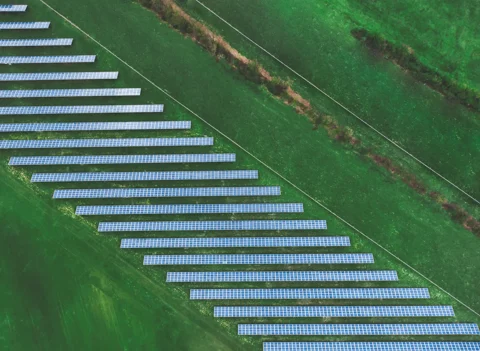Current issues in the fields of the economy, (responsible) investment, pension and income: every week, an APG expert provides a clear answer to the question of the week. This time: macro-economist and senior strategist Charles Kalshoven about the end of corona support and its consequences. Doesn't the end come too soon?
As of April 1, the government will stop offering corona support. This means employers can no longer make use of, among other things, the Emergency Bridging Measure for Employment and deferral of tax payments. Apparently, they are no longer needed. After all, entrepreneurs can now do business without restrictions thanks to the relaxation of the corona measures and the positive economic outlook, the government reports in a news item. Kalshoven also believes that the abolition of the support packages comes at a good time from an economic point of view, although the situation in Ukraine makes the prospects somewhat more uncertain. "When you walk through the city, you see 'people wanted' signs everywhere. So the economy is doing well, resulting in major shortages in the labor market."
Zombie companies
According to the economist, reversing a measure is always difficult but in this case, it is necessary. "They say there's no measure as permanent as a temporary measure. Think, for example, of the French toll roads or Kok's quarter: measures that ultimately turned out to be more permanent than temporary. Significant measures were needed in this case to prevent corona from hitting the economy significantly. But at some point, those measures must be reversed. For example, the Netherlands Bureau for Economic Policy Analysis argued about a year ago to stop the support because it would prevent the transition of the economy. Instead of letting employees of financially unhealthy companies sit at home paid, you want them to work in more promising sectors. The so-called zombie companies then go insolvent while their employees can be more productive elsewhere. That's how it works in a normal recession. But this recession was abnormal. And there has been no transition due to the support measures."
The number of corporate insolvencies is therefore still very low. "That is partly thanks to the corona support, which was aimed at all employers, financially healthy or not," says Kalshoven. "In a normal recession, insolvencies skyrocket. But this was more of a kind of artificial coma of the economy, in order to fight corona. A year ago, we were still afraid of a wave of insolvencies but fortunately, this hasn't happened so far. This may also have to do with the fact that people have been able to save for a long time and now like to spend that money, for example in the catering industry."



